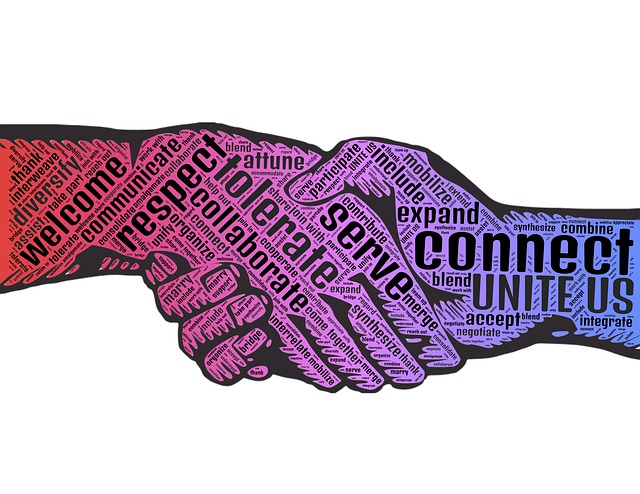When there is a conflict of interests in the workplace, you need to understand and prioritize your needs so that you can focus on them, rather losing your goal in the ensuing discussion between different parties. To solve problems that arise out of such conflicts, it’s essential that you analyze the problem carefully, develop potential solutions, select a working solution from the list and check its practicality. Many cases of workplace incivilities arise out of the absence of a proper reporting authority whom the aggrieved person can report to.
In many cases, the conflict needs a creative approach to solve the problem. This creative approach requires that all the parties with differing opinions to have a discussion with each other and put facts on the table. This meeting is often presided by experts who facilitate and moderate the conversation to ensure that all parties get an equal say in the matter.
Depending on the responsibilities of the presiding authority, there are two kinds of facilitators − Mediation and Arbitration.
Mediation
Mediation is a method of conflict resolution where a mediator is asked to get both sides to sit together and have a constructive dialogue. In some cases, mediators also share their expert opinion. However, the option to take his opinion as the final word is completely left to the participating parties.
Mediation practices a collaborative style of finding a resolution and is very effective in ending disagreements. It helps to keep sensitive disputes in a company private, which might otherwise be exposed in a court and damage a company’s reputation. Mediation also allows room for improvisational solutions whereas a court can only function according to the law. Mediation is also relatively inexpensive compared to litigation.
Arbitration
Arbitration, like mediation, is an inexpensive, speedier and more private form of dispute resolution, and also requires the presence of a third party to help the settle the conflict. Just as the third-party in the case of mediation is called the mediator, the third party in the case of arbitration is called the arbiter.
The main difference between mediators, who mainly facilitate dialogue and suggest solutions and arbiters is that, arbiters are needed to give their final and binding judgment on a case. For this reason, the arbiters are supposed to have expertise on law and company policy.


